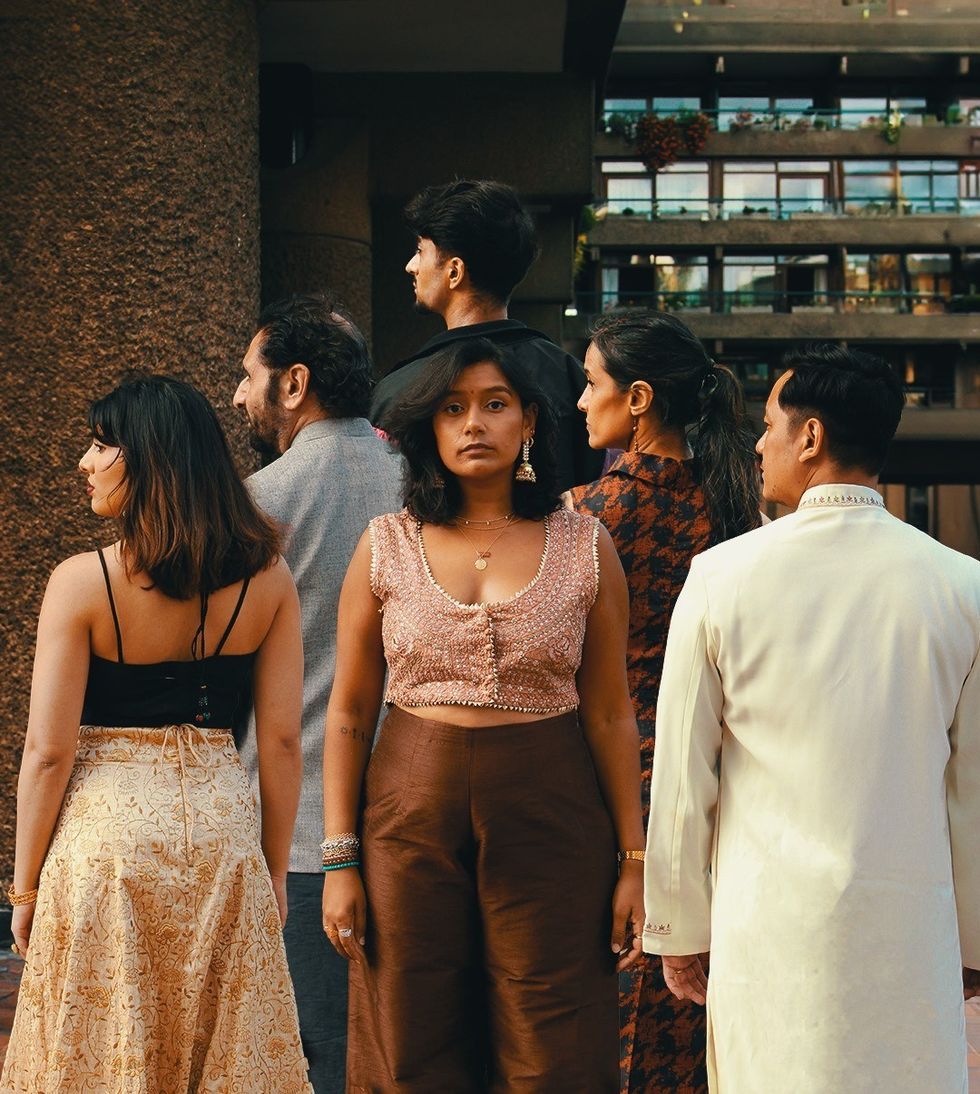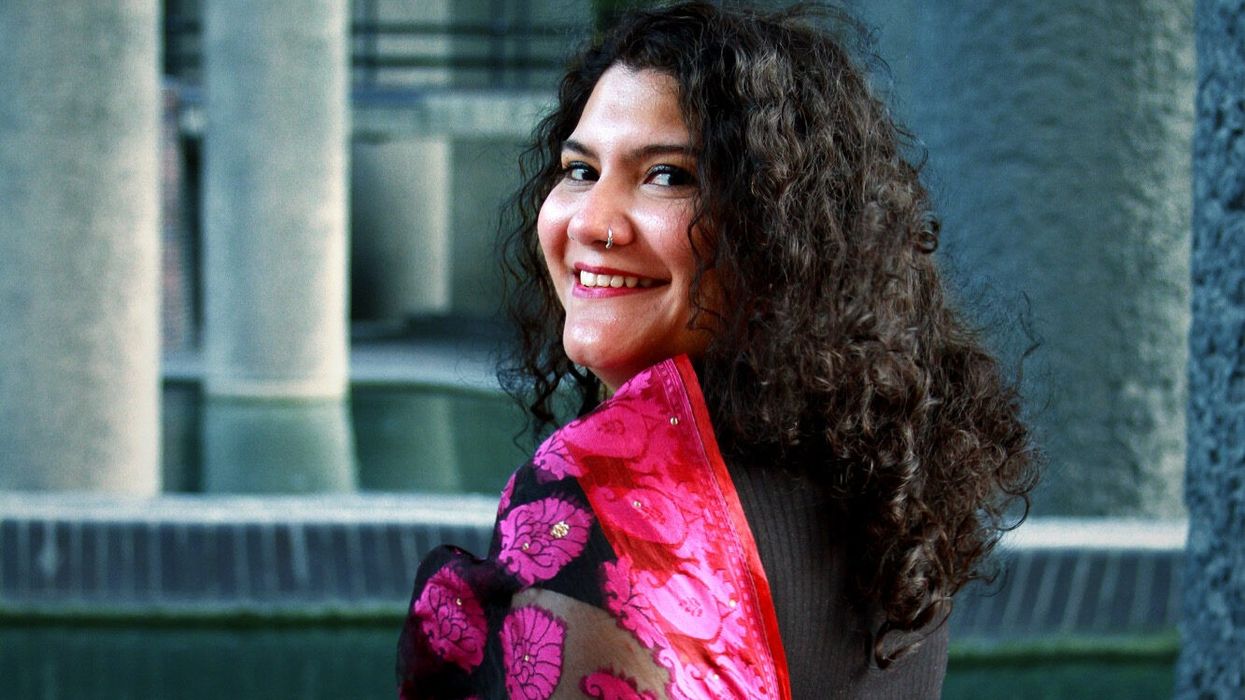NEW theatre play Ghar Ghar looks at the high drama that exists in a south Asian wedding, along with complex issues like sexism, dowry pressures, personal struggles, body image, abuse and identity.
Annum Salman has written and directed the innovative drama that challenges deep-seated traditions and aims to inspire social change.
Eastern Eye caught up with the British writer-director to find out more about her play ahead of its premiere at this year’s Camden Fringe Festival next Thursday (22) and Friday (23). The cool creative also revealed her future hopes for the show and what she thinks makes for great theatre.

What were the experiences first connected you to creativity?
I’m privileged to come from a family passionate about the arts. I remember being as young as four years old, wanting to be an artist and tagging along with my father to exhibitions. That creativity eventually turned towards writing and has always been a part of my professional career as well.
What inspired you to write Ghar Ghar?
I’ve attended too many weddings in the last two years, including my own. I wanted to tell a story that highlights the stress ‘behind the scenes’ and how strained relationships can exacerbate it. I can’t recall a recent wedding where the bride was genuinely happy leading up to the event. People see the glamour, but it’s only the close ones who know the reality of the events leading up to the big day.
Tell us about the play.
Ghar Ghar is an authentic representation of family dynamics and how south Asian families often avoid confrontation. The story follows Maya, who was pushed away to London, as she returns home to Karachi for her sister’s wedding, carrying a lot of trauma. She must deal with a blunt sister, a mother who turns a blind eye to everything, an ignorant brother, and a lurking villain. There will be conflicts and the acceptance of heavy truths, all while a chaotic desi wedding is taking place.Who are you hoping this show connects with?
I believe Ghar Ghar will resonate with anyone who has ever looked at their family and wondered, ‘why are we like this?’ which we all do from time to time, despite the love. But it will connect most with anyone from the diaspora and those living away from home.
What has it been like directing it?
Often challenging, but a great learning experience. I want to ensure I’m doing justice to myself as a writer, while also being flexible, as the art deserves.
How important was it for you to assemble a strong cast?
I laid the foundation; the cast had to be the structure. It was extremely important that my cast not only had some experience but also understood where the characters are coming from. We have a great mix of experiences, but most importantly, they’ve started feeling like a family.
What is your own favourite moment in the show?
An emotional conversation between the sisters, where Maya sees how her departure and silence affected Sanam. I love that transparency and how ccomplicated life is. One person’s self-love can be another’s version of selfishness.
How do you feel ahead of the premiere?
I’ve become increasingly confident that I’m being true to this story. I have a wonderful team working with me, and the closer we get, the more it proves just how supportive and talented everyone is.
What are your hopes for this show?
To secure funding. I want to make this a longer-running show and tour with it. I’d also love to expand on the themes and make it a two-hour performance to give some underlying topics more emphasis.
What, according to you, makes for great theatre?
A story that makes me want to have more conversations. Whether it makes me laugh, cry, or leaves me feeling unsettled, good theatre needs to continue a conversation that was ignited on stage.
Why should we watch Ghar Ghar?
It’s new writing that doesn’t pigeonhole south Asians. It’s a story first and about race second. It can be any home. It’s raw, it’s messy, it’s not black and white, and it’s not perfect, much like life.
Ghar Ghar is being staged at The Rosemary Branch (Pub Theatre) in London as part of Camden Fringe next Thursday (22) and Friday (23). www.camdenfringe.com and Instagram: @ghar_ghartheplay and @Writeroholic.



